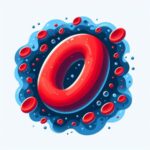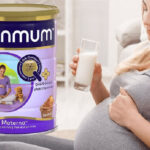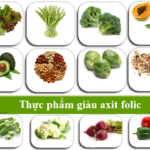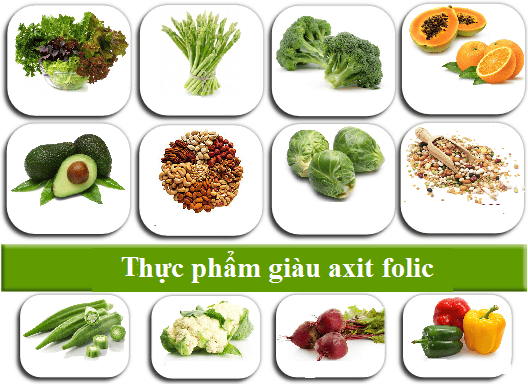
Nutrition is essential for a mother’s health and the development of her baby, from the womb to adulthood. Inadequate nutrition during pregnancy can lead to developmental issues for the fetus due to malnutrition. Improving fetal and infant growth can significantly reduce the rate of diseases in later stages of life.
Pregnancy brings about changes in a mother’s body weight, with an average weight gain of 10-12kg being recommended to support the growing fetus and placenta.
Nutritional Needs During Pregnancy
Energy and nutritional requirements are higher during pregnancy compared to the pre-pregnancy period.
- Energy: Increase energy intake by approximately 360 kcal/day during the second trimester and 475 kcal/day in the third trimester.
- Protein: Increase protein intake by 15g/day during the first six months and 18g/day in the last three months. Animal-based proteins should make up the majority of this increase.
- Fat: Aim for 20-25% of total energy intake from fats, approximately 60g/day. Fats provide energy and help absorb fat-soluble vitamins.
- Vitamins: Ensure adequate intake of vitamin A (500mcg/day), vitamin D (5mcg/day), vitamin B12 (2.6mcg/day), vitamin B1 (1.4mg/day), vitamin C (80mg/day), and folic acid (600mcg/day).
- Minerals: Focus on calcium (1,000mg/day), iron (increase by 15-30 mg/day compared to pre-pregnancy needs), and zinc.
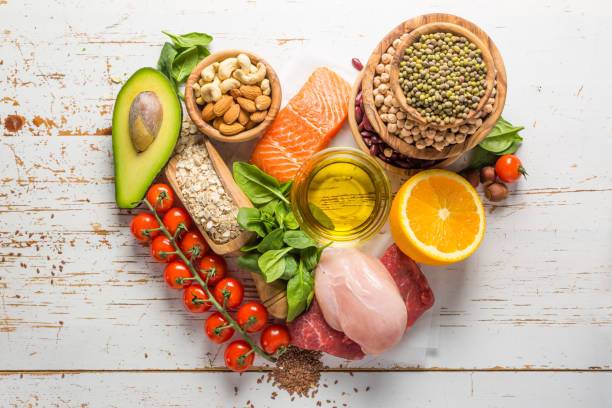
Recommended Foods for Pregnant Women
Dairy Products
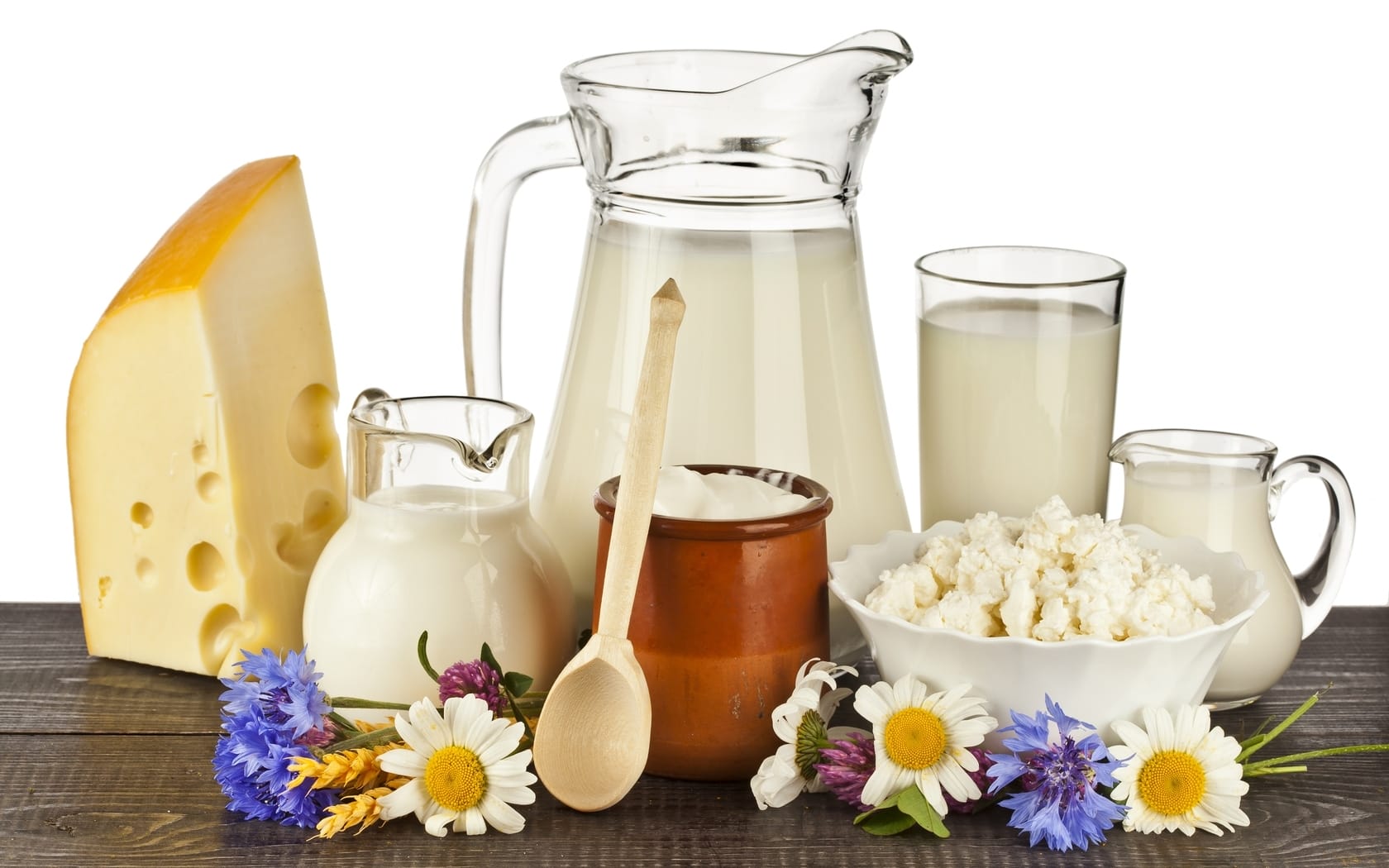
Pregnancy increases the need for protein and calcium. Dairy products provide two high-quality proteins, casein and whey, along with being an excellent source of calcium. They also offer phosphorus, B vitamins, magnesium, and zinc.
Yogurt, especially Greek yogurt, is highly beneficial due to its higher calcium content and the presence of probiotics, which support digestive health. Yogurt with probiotics can be tolerated by those with lactose intolerance and may reduce the risk of complications like preeclampsia, gestational diabetes, vaginal infections, and allergies.
Legumes
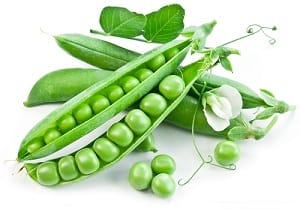
This group includes lentils, peas, mung beans, soybeans, and peanuts, offering fiber, protein, iron, folic acid, and calcium. Folate is crucial for both maternal and fetal health, especially during the first trimester. However, most pregnant women don’t consume enough folate-rich foods during this period.
Insufficient folate intake has been linked to an increased risk of neural tube defects and low birth weight. Inadequate folate can also make the child more susceptible to infections and diseases later in life.
Most legumes are excellent sources of folate, with a cup of lentils, mung beans, or black beans providing 65-90% of the recommended daily intake. They are also rich in fiber, iron, magnesium, and potassium, all beneficial for pregnant women.
Sweet Potatoes

Sweet potatoes are rich in beta-carotene, a plant-based compound that converts into vitamin A in the body. Vitamin A is essential for the growth and differentiation of most cells and tissues, including fetal development.
While pregnant women are advised to increase their vitamin A intake by 10-40%, they should avoid excessive animal-based sources due to potential toxicity. Beta-carotene from sweet potatoes is a safer option and also provides fiber, helping with satiety and regulating blood sugar levels, while improving digestive and bowel health.
Salmon
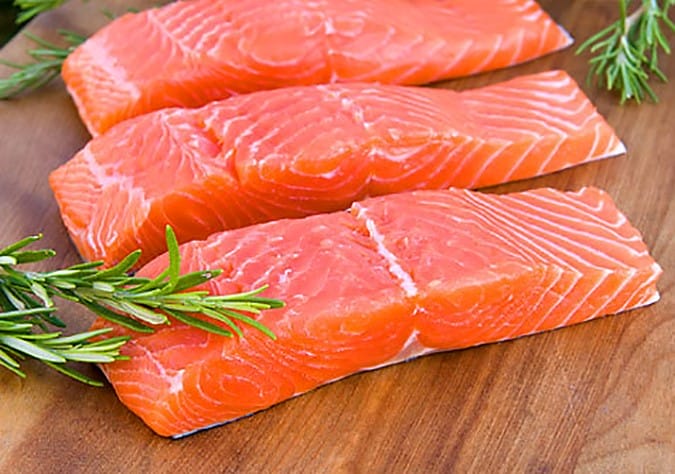
Salmon is an excellent source of omega-3 fatty acids, which are essential for both mother and fetus. Most people, including pregnant women, do not consume enough omega-3 fatty acids.
Long-chain omega-3 fatty acids like DHA and EPA are particularly important for the development of the fetus’s brain and eyes. While seafood is a rich source of these fatty acids, pregnant women are advised to limit their intake to twice a week due to potential mercury and pollutant concerns. This has led some women to avoid seafood altogether, resulting in inadequate omega-3 intake.
Studies show that consuming 2-3 servings of fatty fish weekly meets omega-3 requirements and increases EPA and DHA levels in the blood. Salmon is also a natural source of vitamin D, often lacking in diets, which is crucial for various metabolic processes, bone health, and immune function.
Eggs

Eggs are a superfood, packing in 77 kcal, protein, fats, minerals, and vitamins into a single serving. They are also an excellent source of choline, vital for numerous bodily processes, including brain development and maintenance. Low choline intake during pregnancy has been linked to an increased risk of neural tube defects and impaired brain function in the fetus. A large egg provides about 113 mg of choline, meeting around 25% of the recommended daily intake for pregnant women (450mg).
Broccoli and Dark Leafy Greens
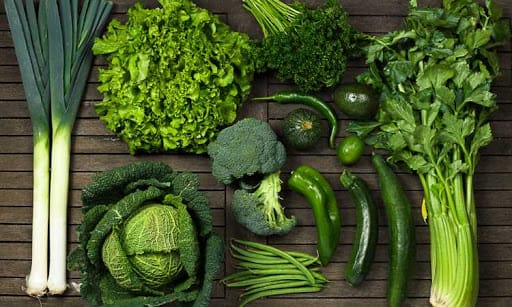
Broccoli and dark leafy greens like kale and spinach are packed with nutrients essential for pregnant women. They offer fiber, vitamin C, vitamin K, vitamin A, calcium, iron, folate, and potassium. Additionally, they are rich in antioxidants and contain beneficial plant compounds that support the immune and digestive systems.
The high fiber content of these vegetables helps prevent constipation, a common issue during pregnancy. Consuming these greens has also been associated with a reduced risk of low birth weight.
Lean Meats
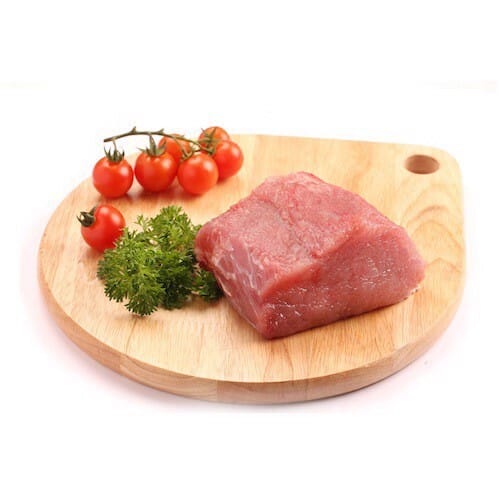
Beef, pork, and chicken are excellent sources of high-quality protein. They also provide significant amounts of iron, choline, and B vitamins, all crucial for pregnant women.
Iron is essential for red blood cells to carry oxygen to all cells in the body. During pregnancy, the body’s blood volume increases, necessitating higher iron intake, especially in the third trimester. Insufficient iron intake during the first and second trimesters can lead to iron-deficiency anemia, doubling the risk of preterm birth and low birth weight.
Ensuring adequate iron intake and combining it with vitamin C-rich foods can enhance iron absorption and support the mother’s health.
Cod Liver Oil
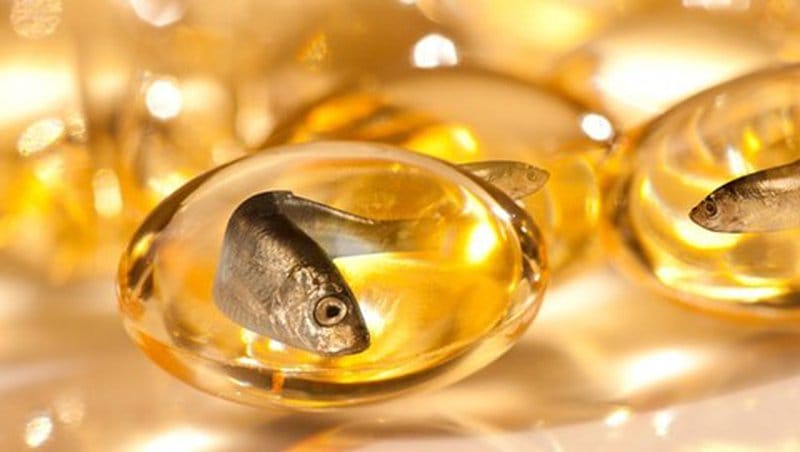
Cod liver oil, derived from the livers of codfish, is rich in omega-3 fatty acids, particularly EPA and DHA, which are vital for fetal brain and eye development. It is also a good source of vitamin D.
Low vitamin D levels have been associated with preeclampsia, a potentially dangerous complication characterized by high blood pressure, swelling, and protein in the urine. A single serving of cod liver oil (15ml) provides more than the recommended daily intake of omega-3 fatty acids, vitamin D, and vitamin A. However, exceeding this amount is not advised due to potential risks associated with excessive vitamin A intake. Additionally, high omega-3 intake may thin the blood.
Berries

Berries are packed with water, healthy carbs, vitamin C, fiber, and antioxidants. They are typically rich in vitamin C, which aids iron absorption and supports skin health and immunity.
Berries have a relatively low glycemic index, meaning they don’t cause significant spikes in blood sugar levels. They also make a great snack, providing flavor, nutrition, and relatively few calories.
Whole Grains

Consuming whole grains can help pregnant women meet their increased calorie needs, especially during the second and third trimesters. Unlike refined grains, whole grains provide fiber, vitamins, and beneficial plant compounds.
Oats and quinoa are excellent sources of moderate protein levels, essential during pregnancy. Whole grains are also typically rich in B vitamins, fiber, and magnesium, nutrients often lacking in pregnant women’s diets.
Avocados

Avocados stand out among fruits due to their high content of healthy monounsaturated fatty acids. They also provide fiber, B vitamins (including folate), vitamin K, potassium, copper, vitamin E, and vitamin C. Avocados are an excellent choice for pregnant women due to their healthy fats, folate, and potassium content.
The healthy fats in avocados contribute to the development of the fetus’s skin, brain, and other tissues. Folate helps prevent neural tube defects, while potassium may help relieve leg cramps, a common pregnancy discomfort. Notably, avocados contain more potassium than bananas.
Water
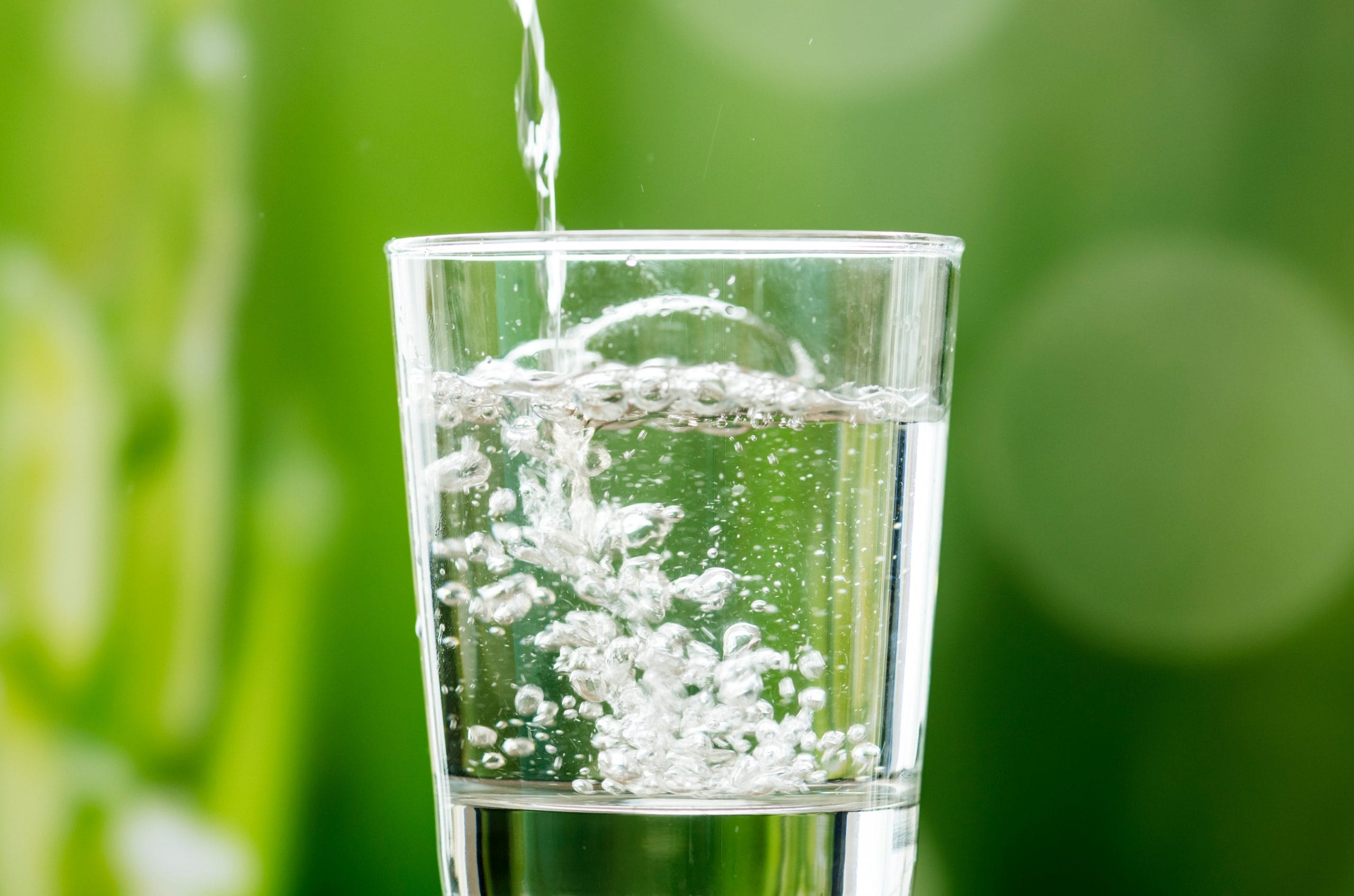
Pregnancy increases a woman’s blood volume, making proper hydration crucial. Mild dehydration can lead to headaches, anxiety, fatigue, mood changes, and memory issues. Additionally, increasing water intake can help prevent constipation and reduce the risk of urinary tract infections.
Meohay.vn ST
The Best Food Choices for Pregnant Women to Ensure a Healthy and Intelligent Baby
Maintaining a healthy diet during pregnancy is crucial. A nutrient-deficient diet can have a negative impact on the development of the fetus and increase the risk of various health conditions for the expectant mother throughout the pregnancy. Therefore, choosing nutritious foods for pregnant women is very important.
























